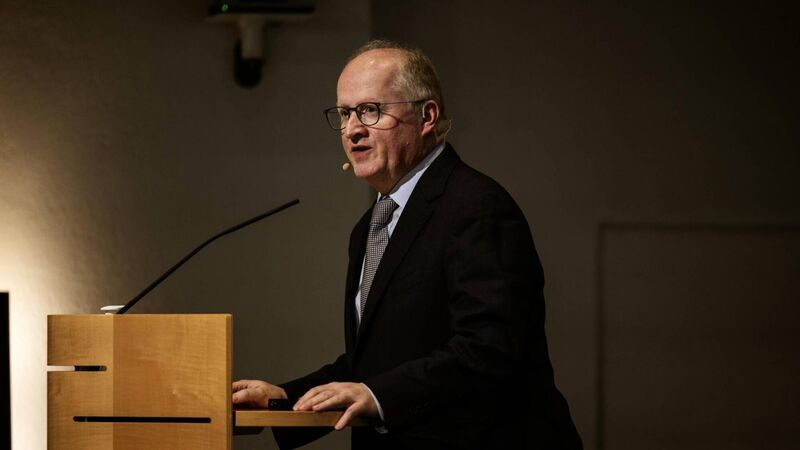Philip Lane urges Irish firms to plan for changing financial conditions

Philip Lane said we all want to get back to a situation where we don't have to think about inflation.
Firms need to think more about the changing financial conditions they face given the uncertainty due to inflation and rising interest rates, the European Central Bank’s (ECB) chief economist Philip Lane has said.
His comments come ahead of a meeting of the ECB at the start of next month where a further interest rate hike of 0.25% is expected.











